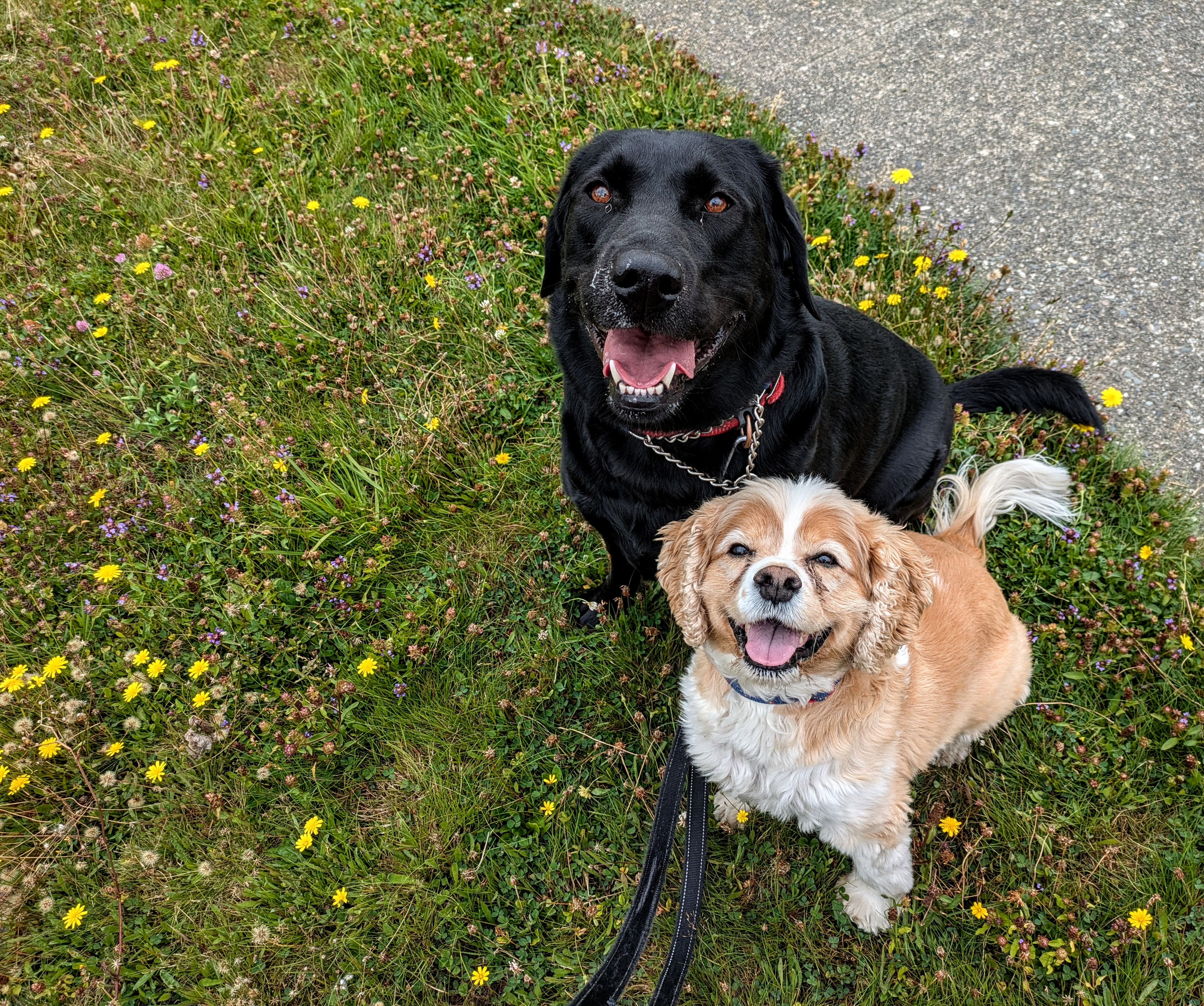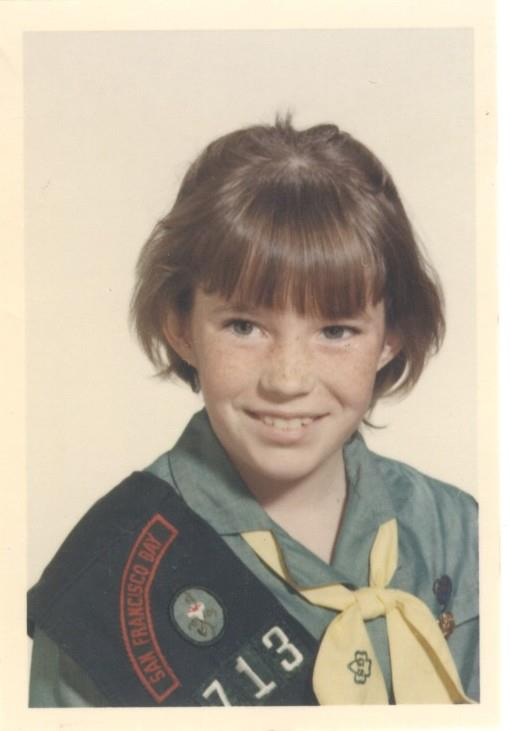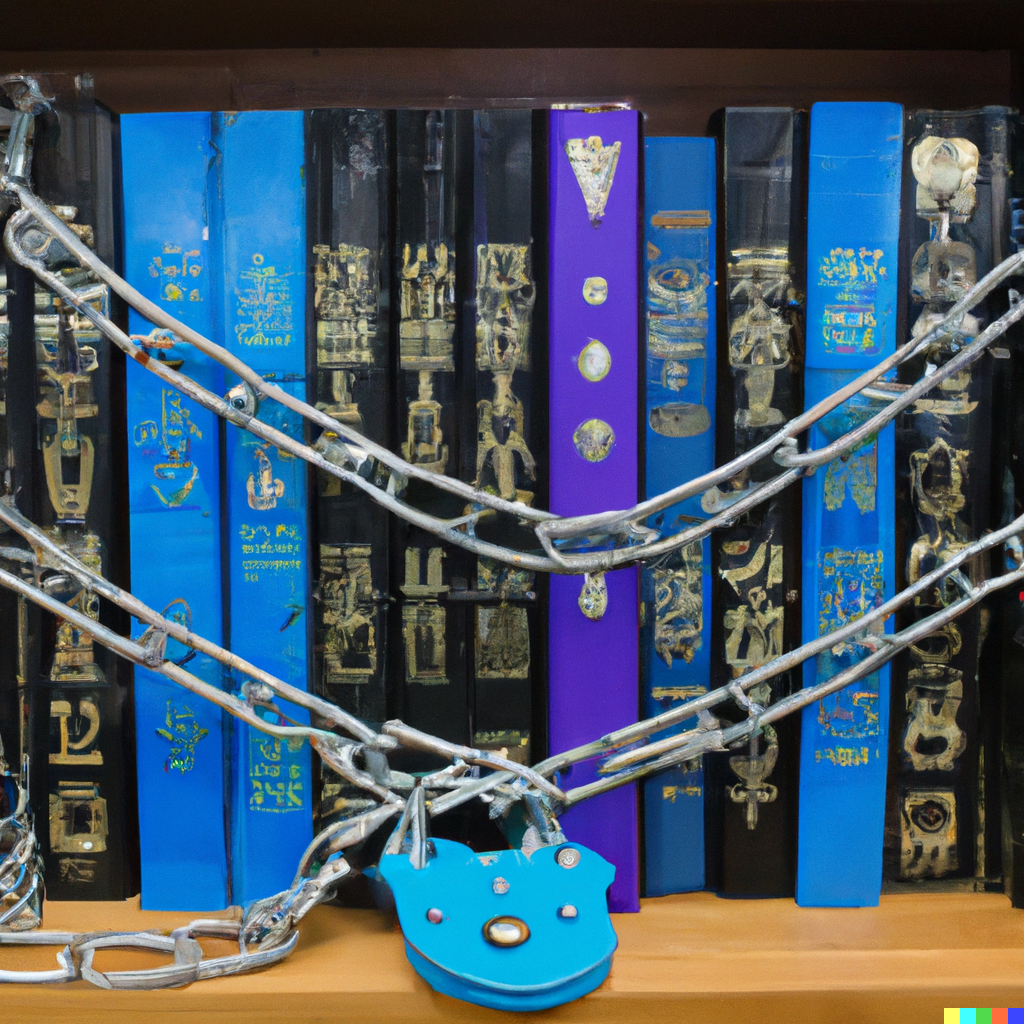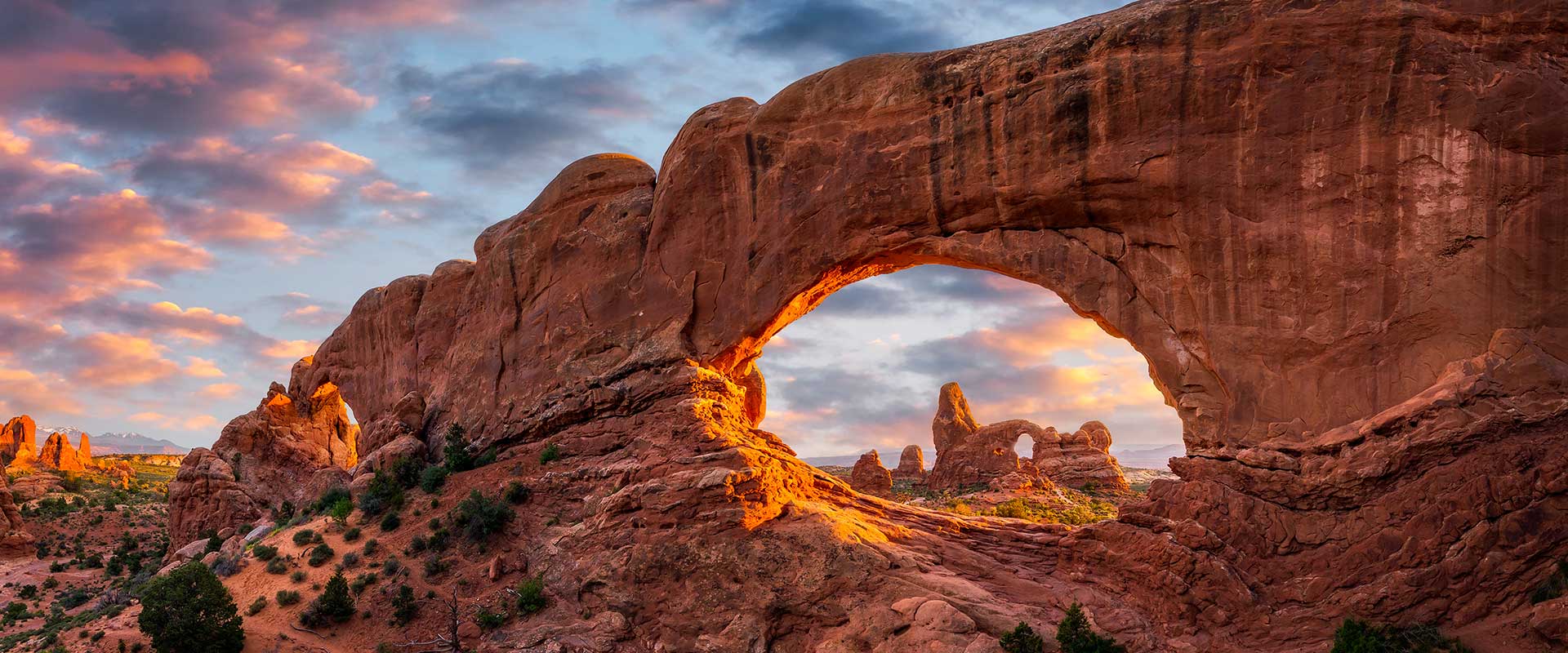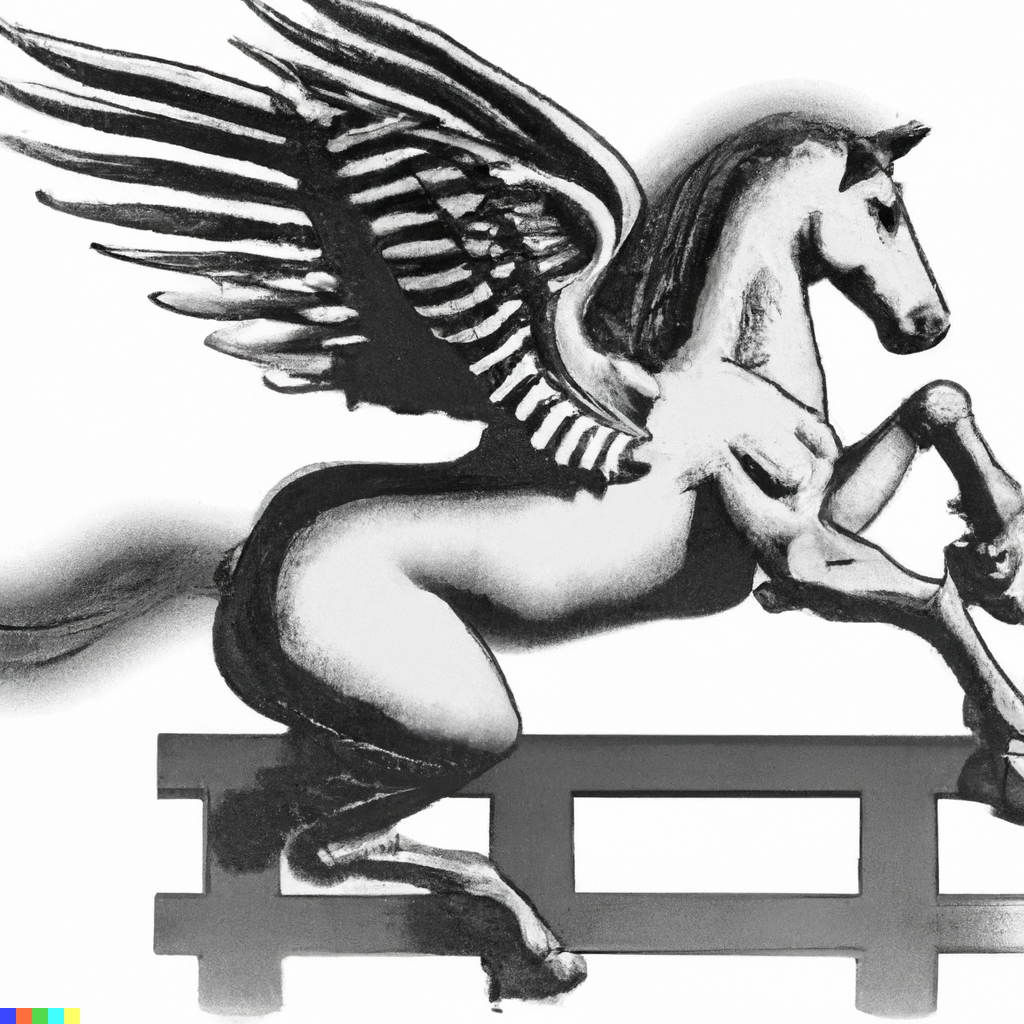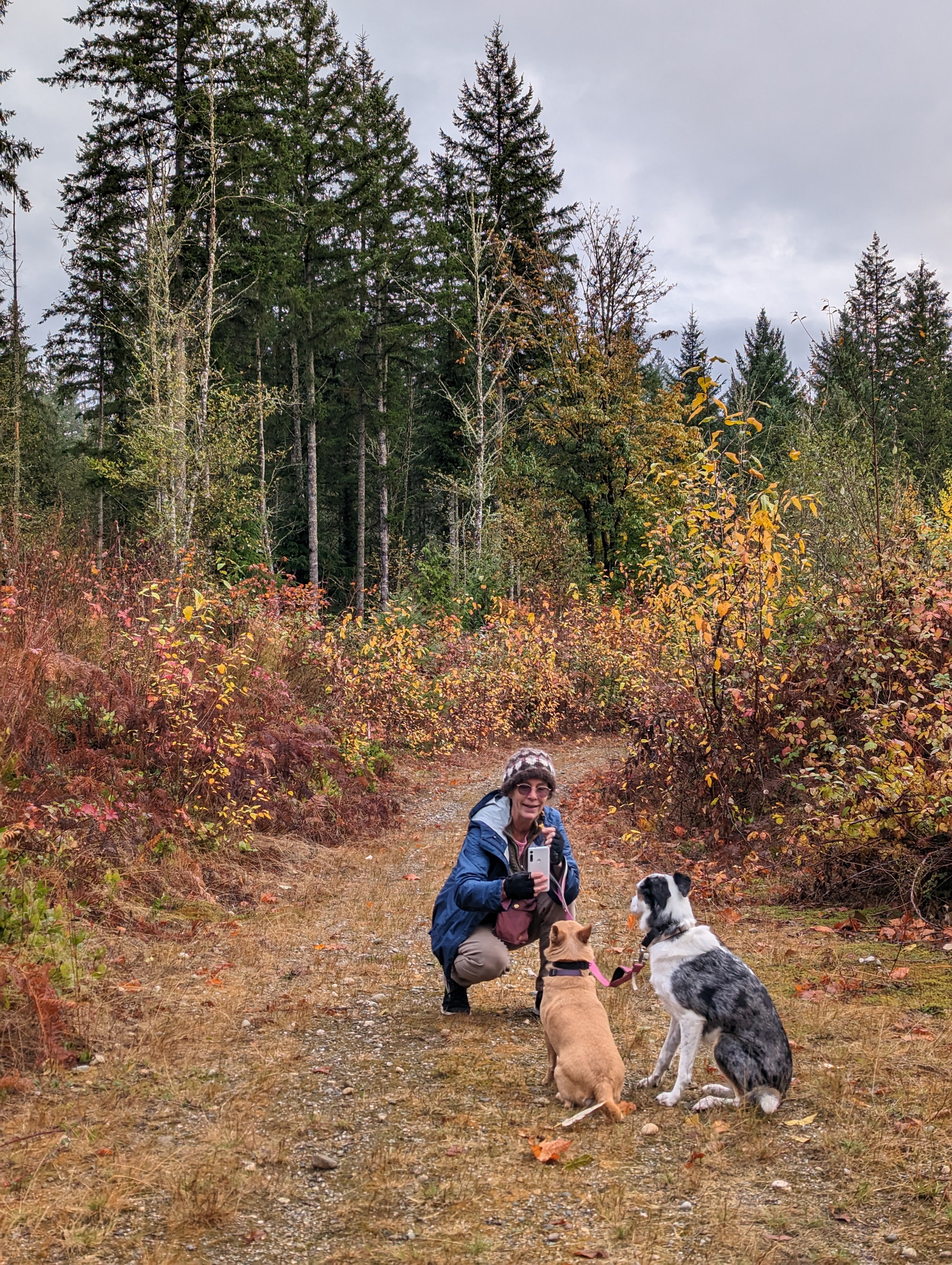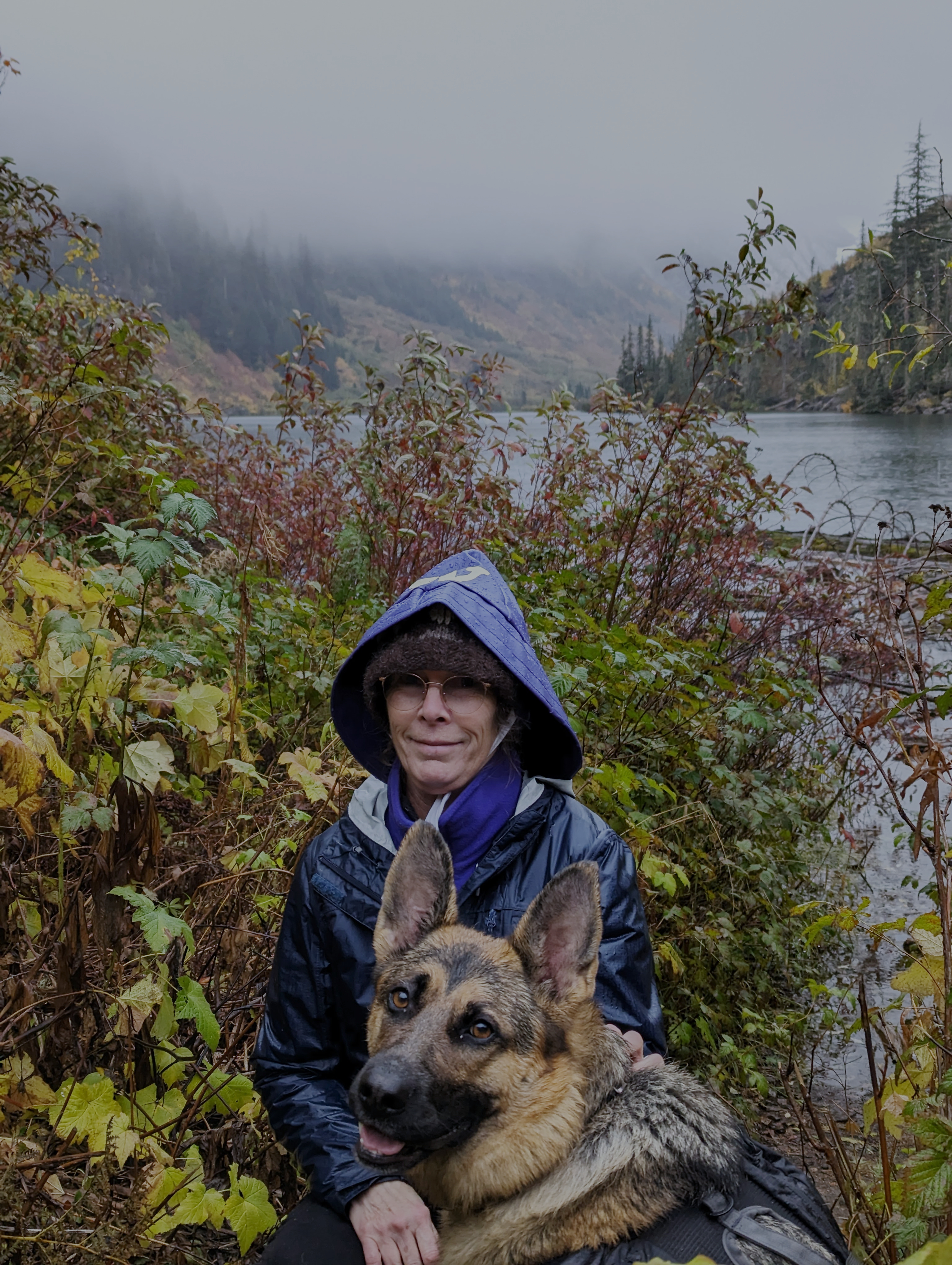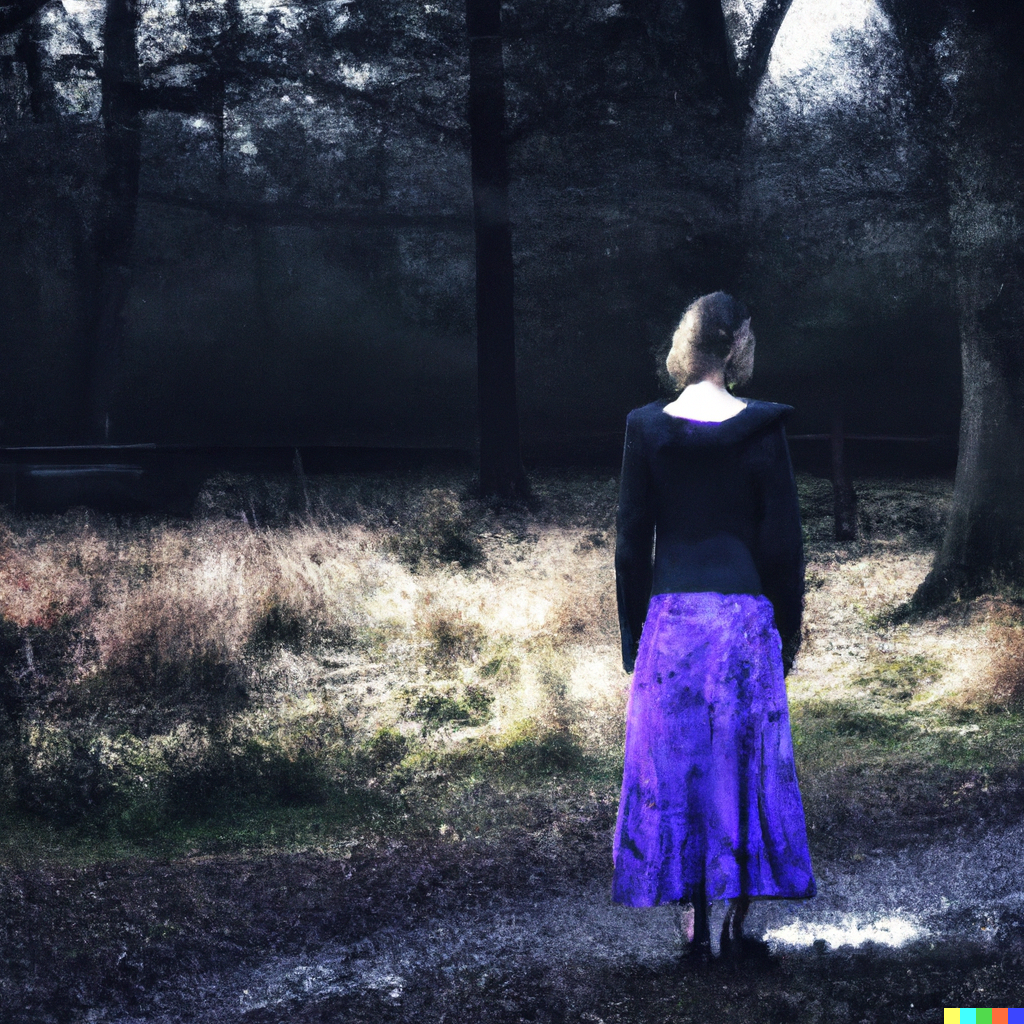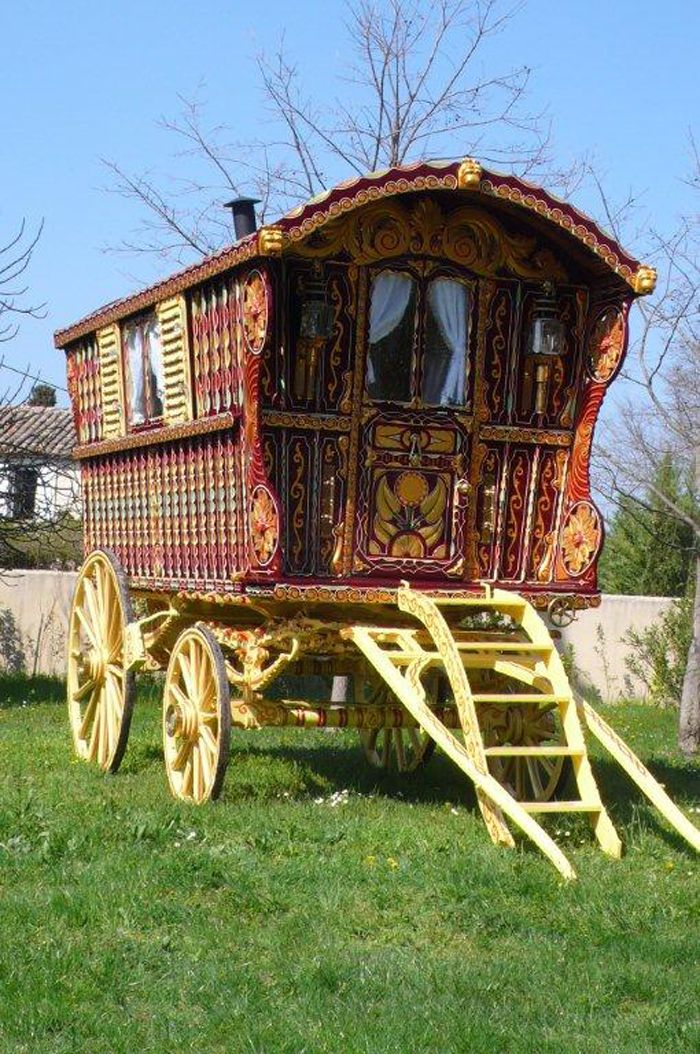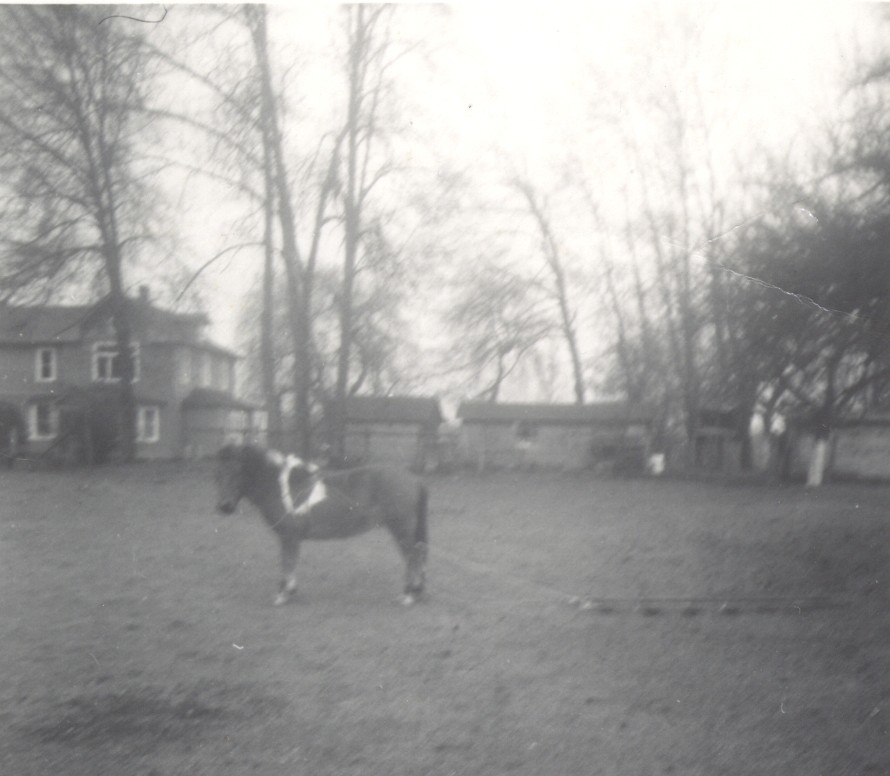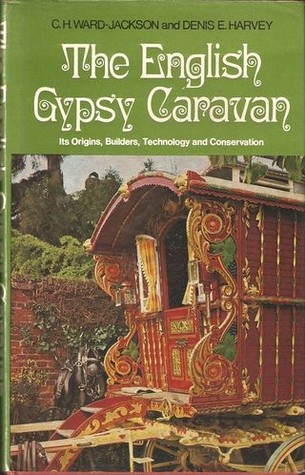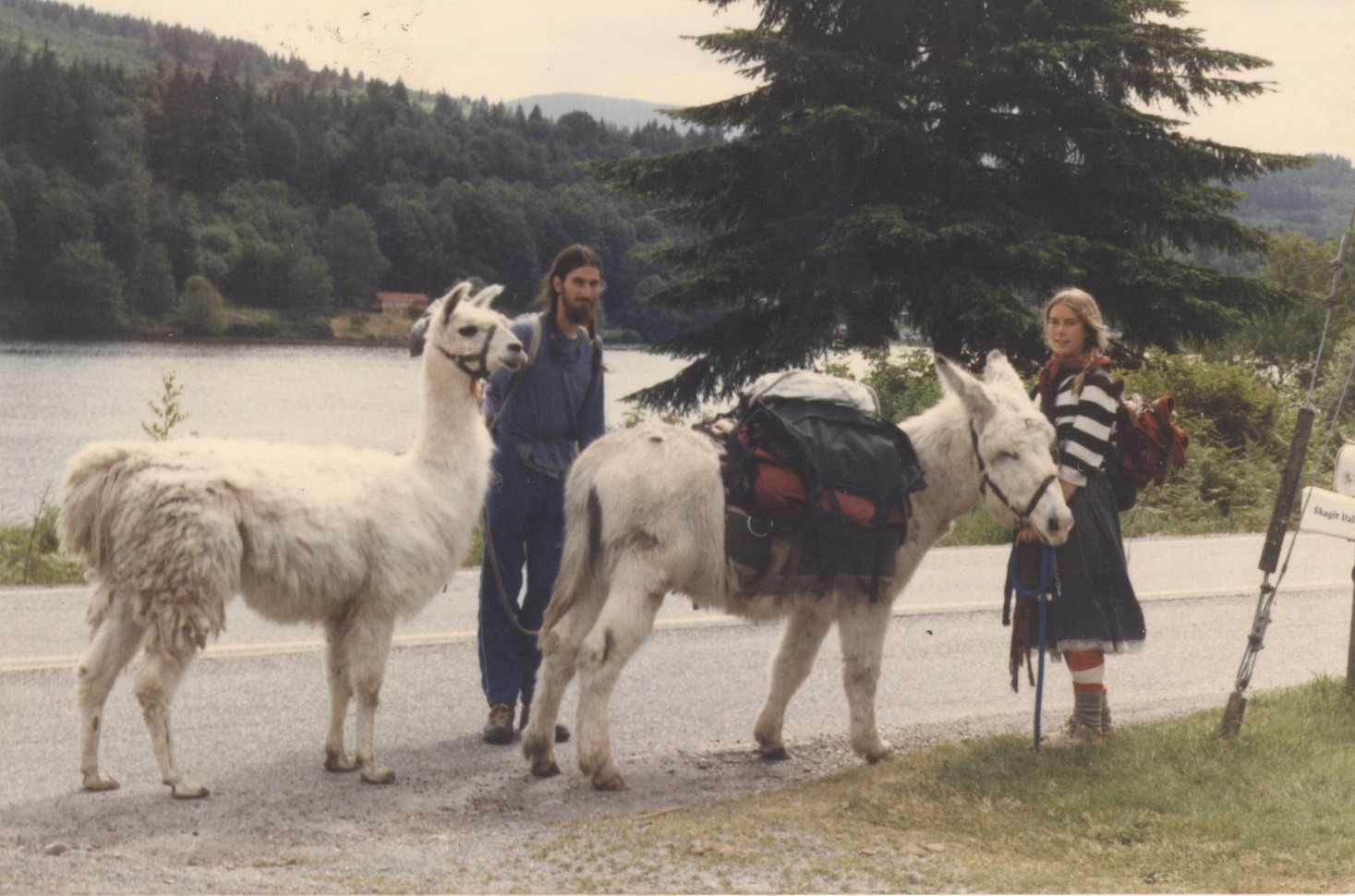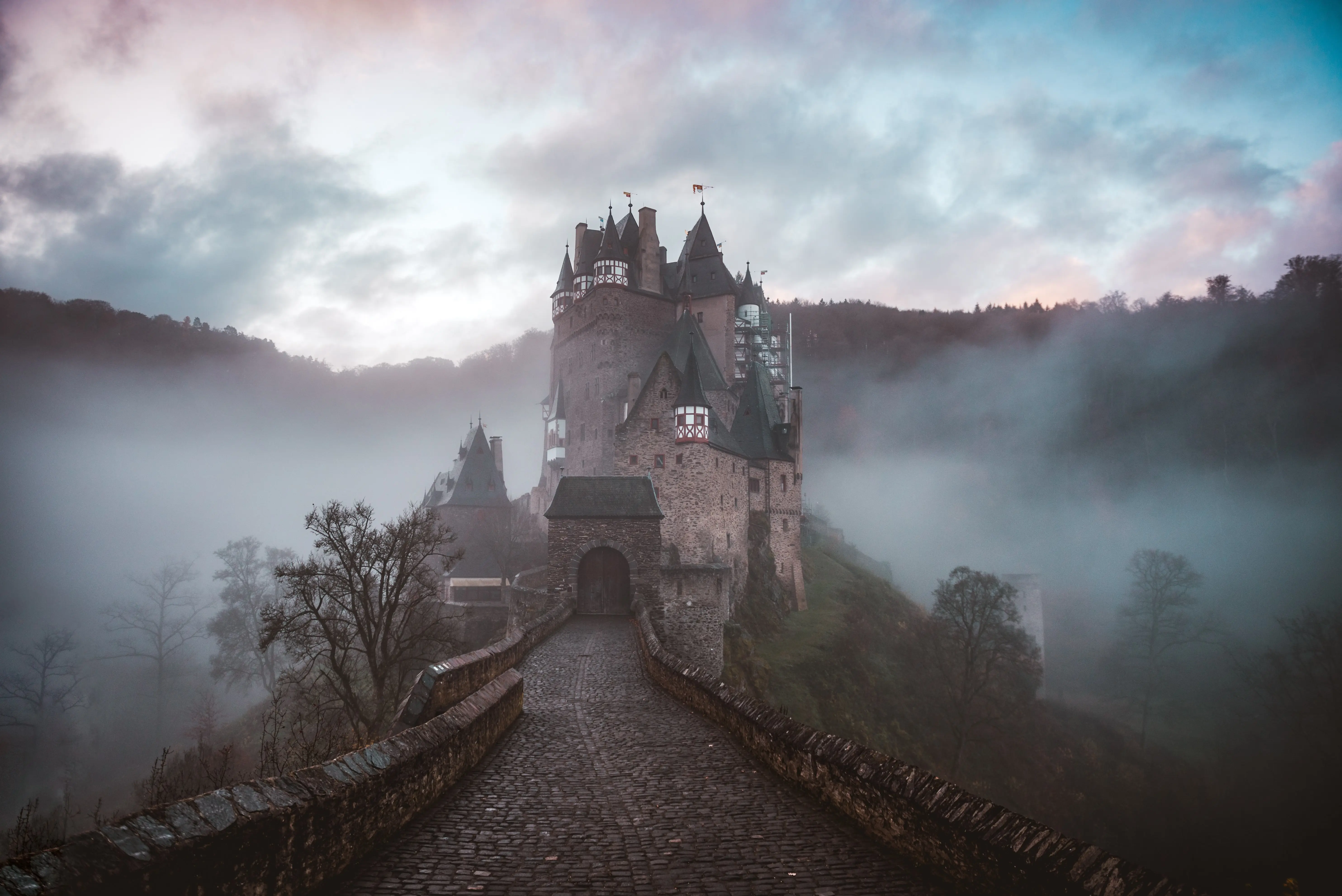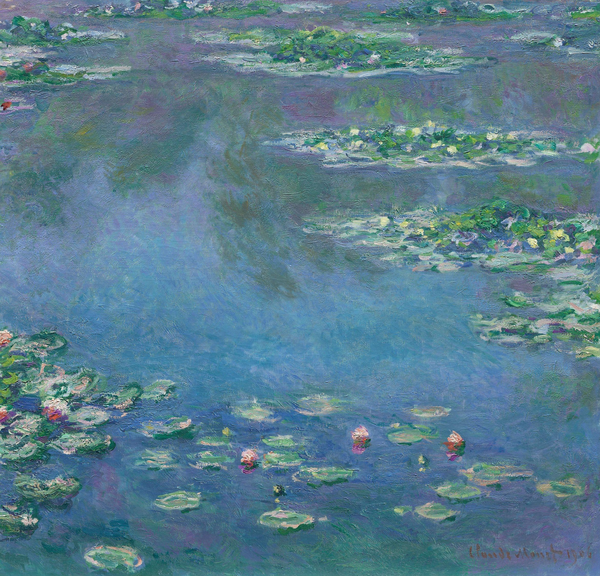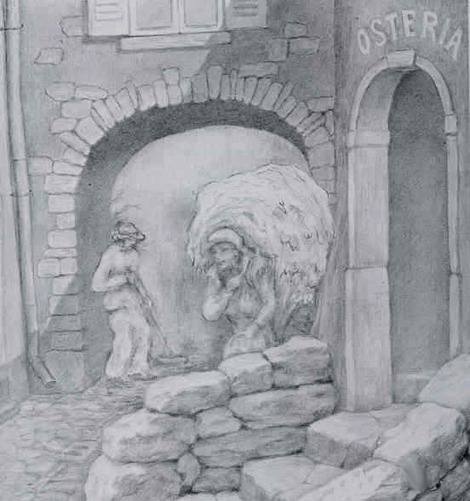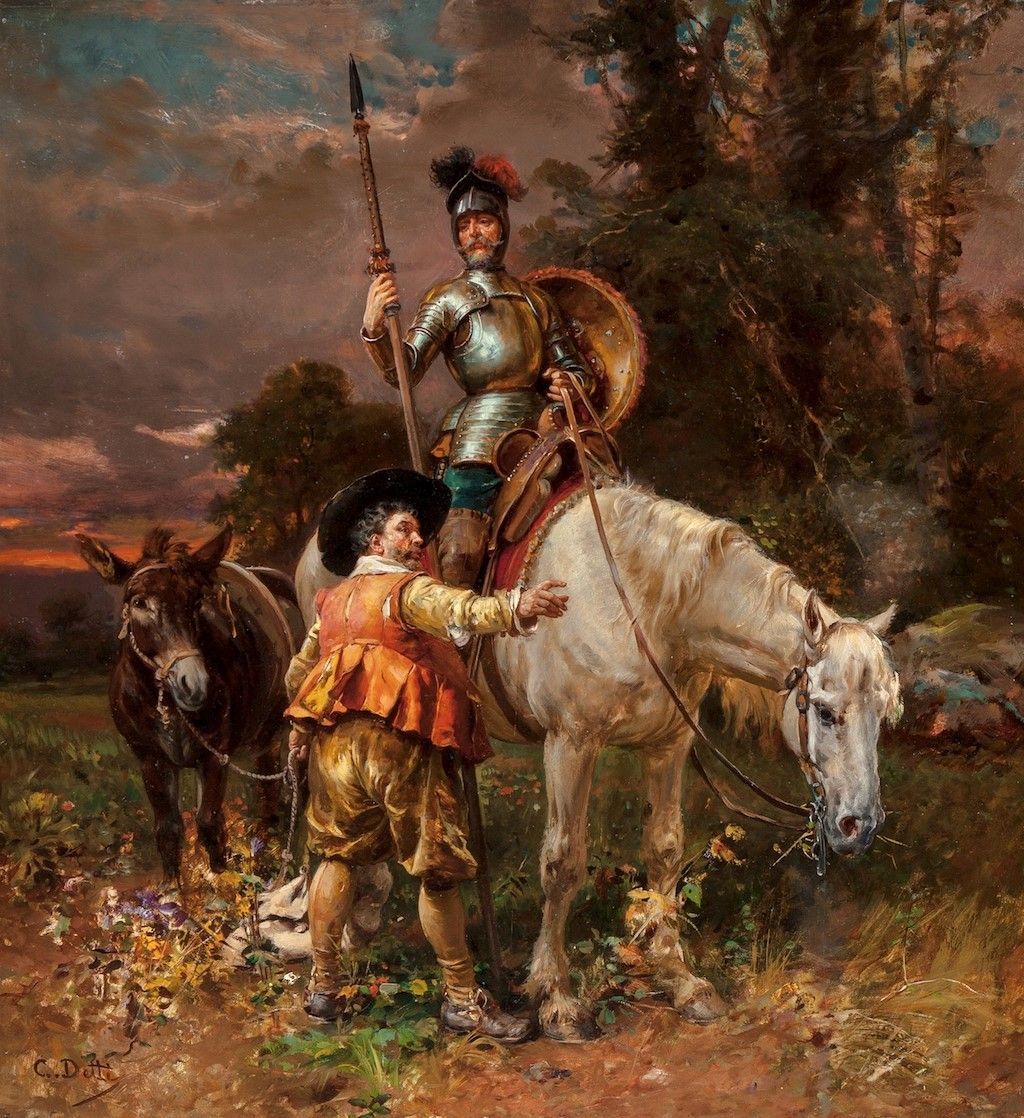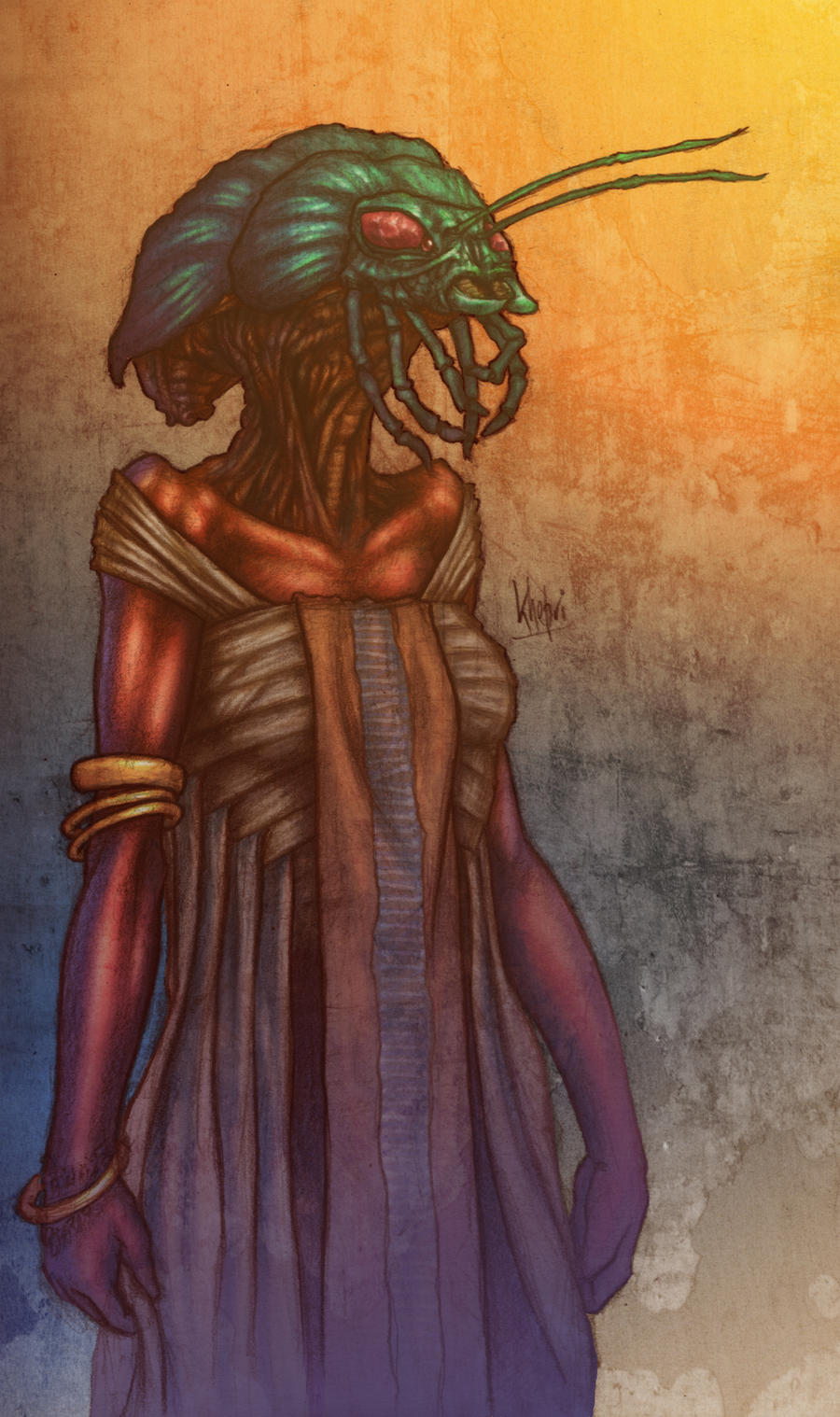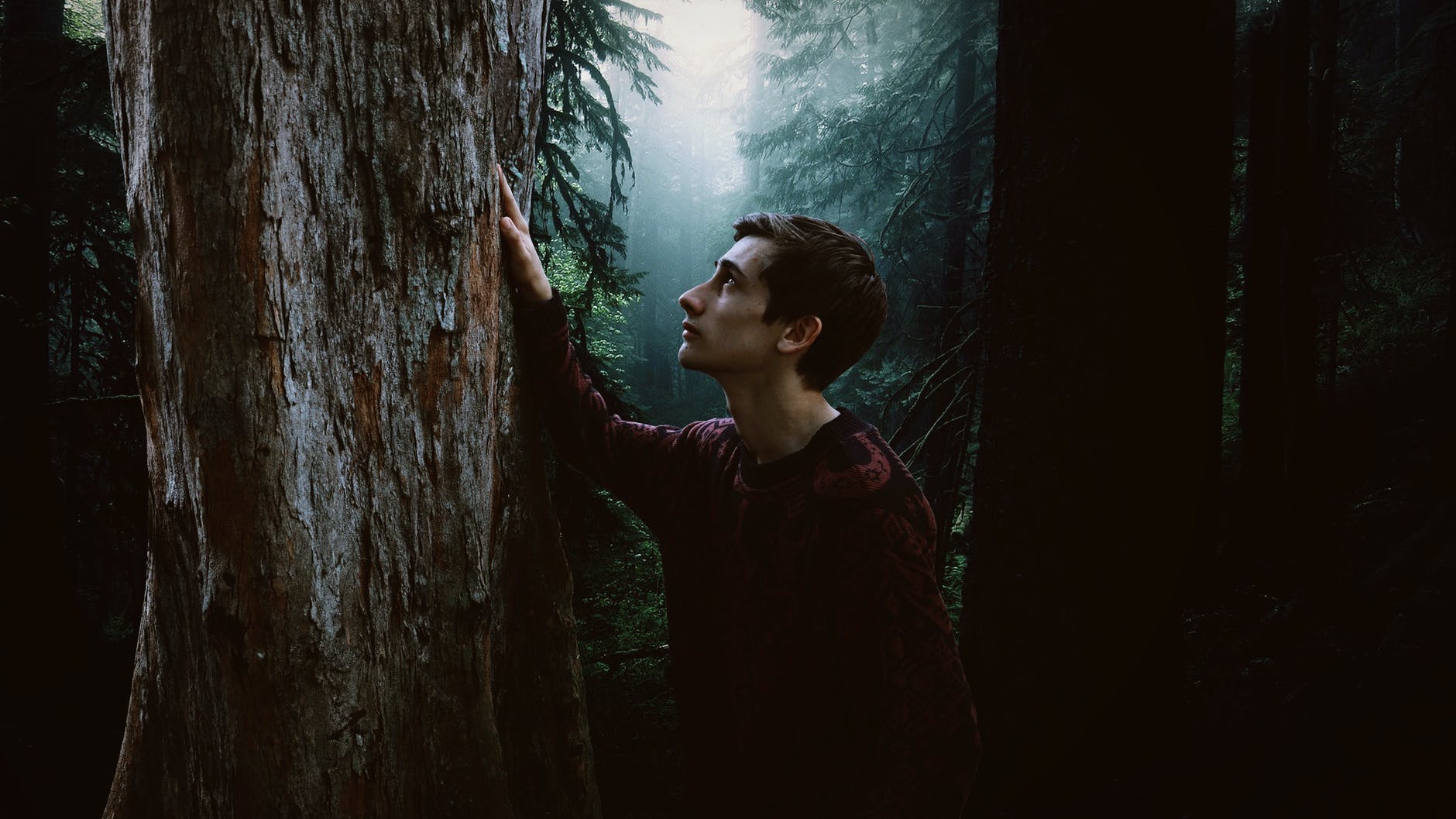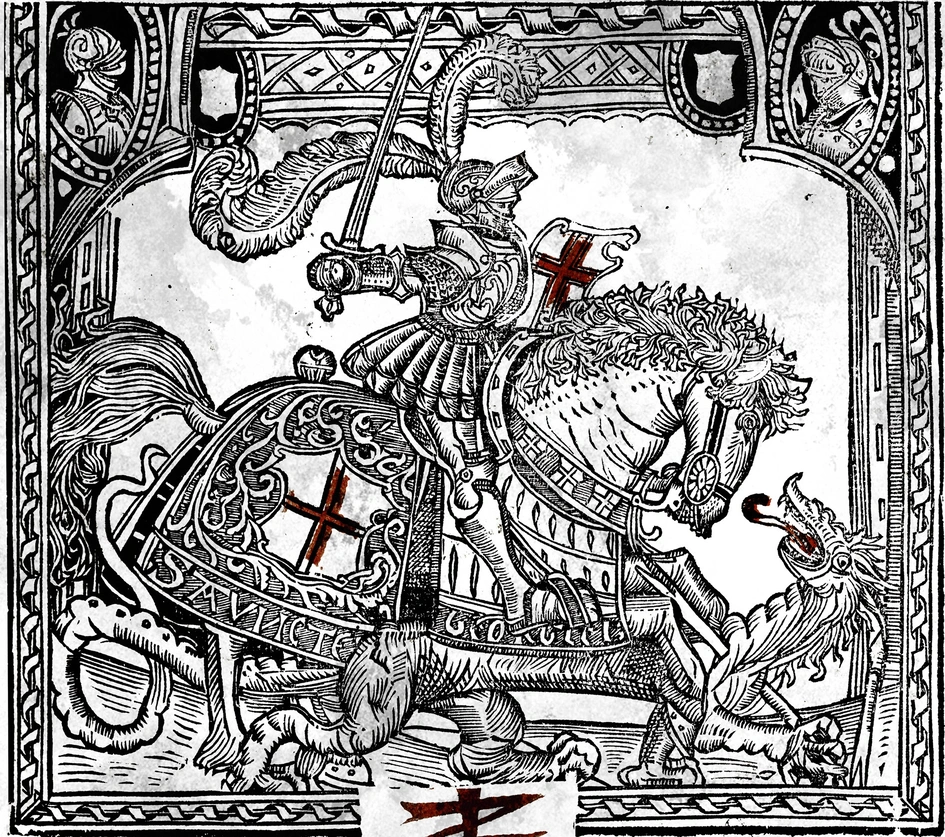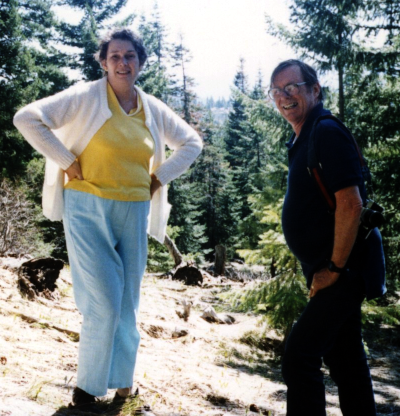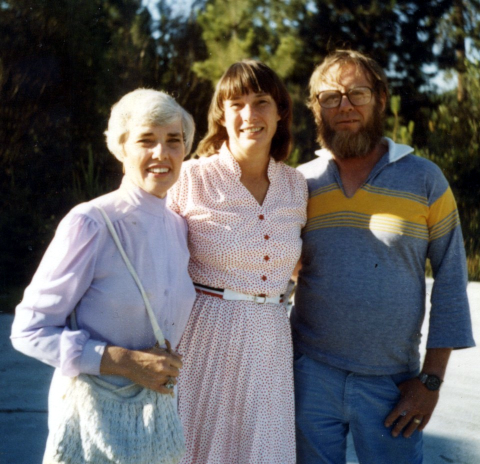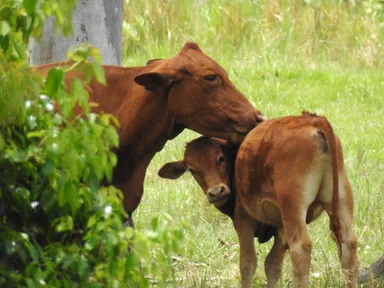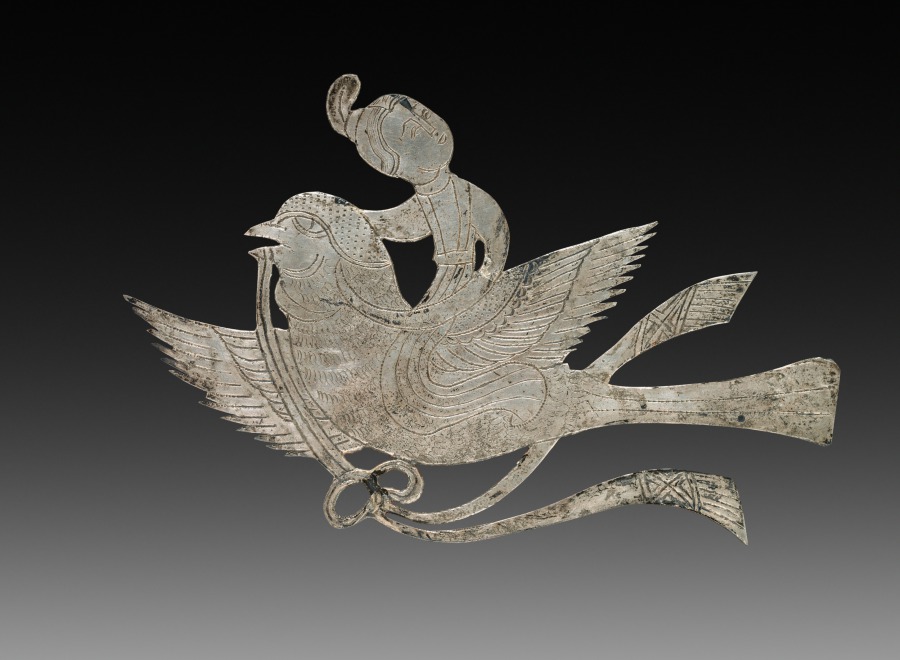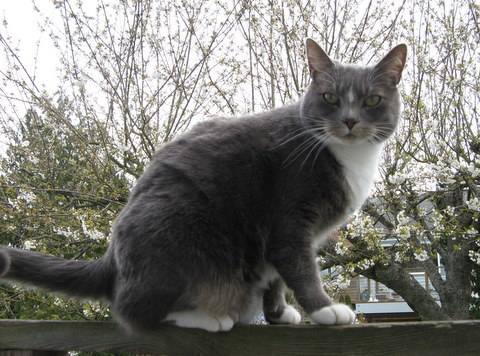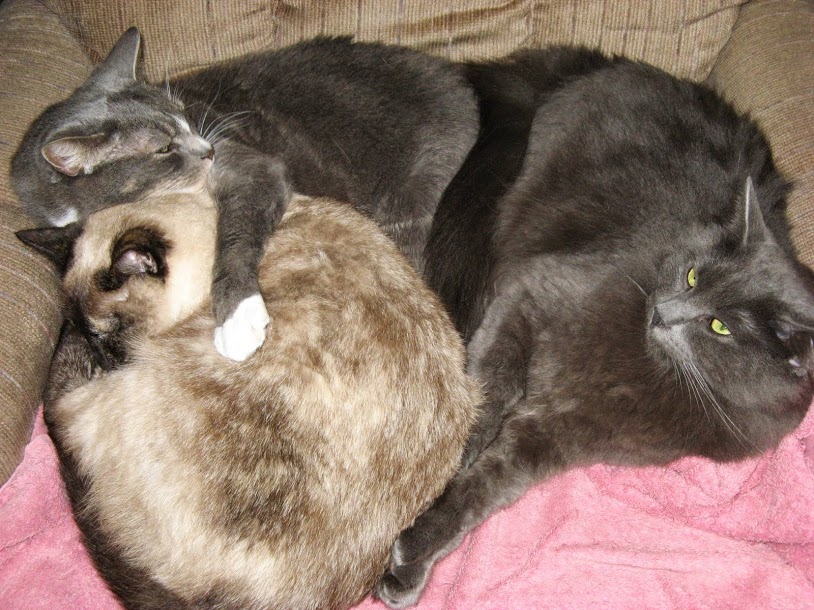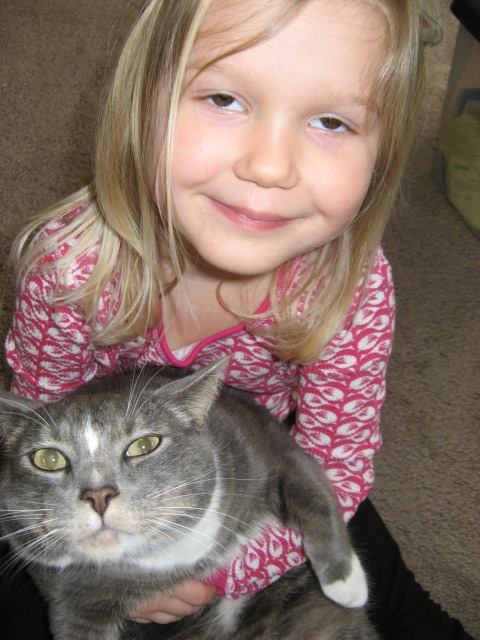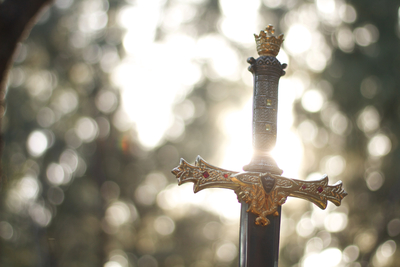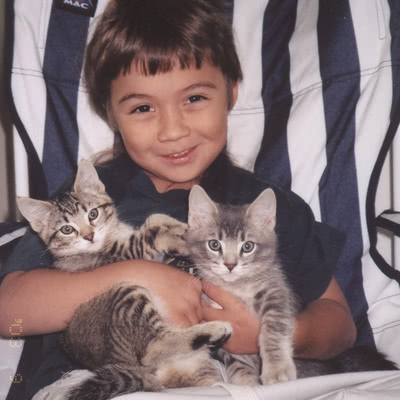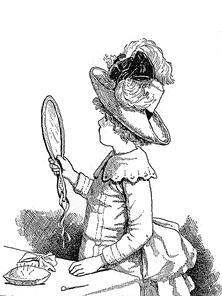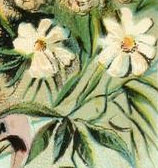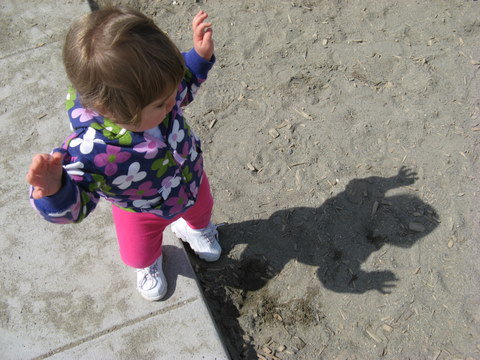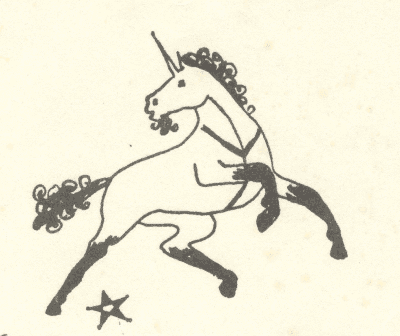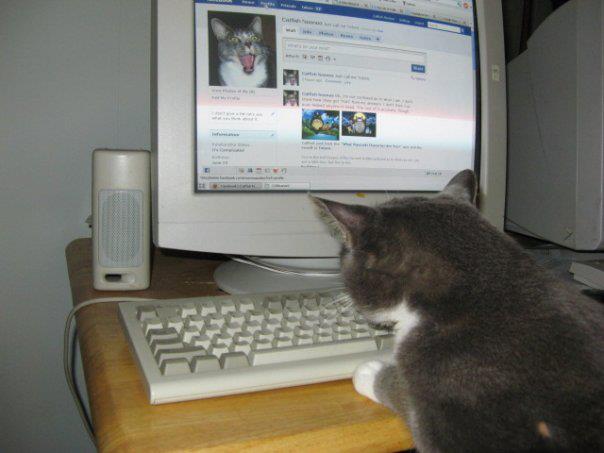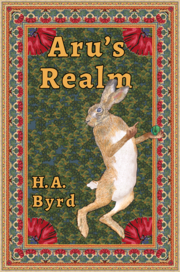
Although my Aru’s Realm is a fantasy, it intersects constantly with our real world. This is why the hare on the cover allows his ears to obscure the M in the title.
The reality we can discuss with the least danger of spoilers is that this book might be labeled an autobiography. I’m not Aru, and she’s not me, but the story is not as fictional as one might imagine. I drew heavily on my own experiences. What the character Aru and I have in common is that we each possess a proclivity for adventure-taking.
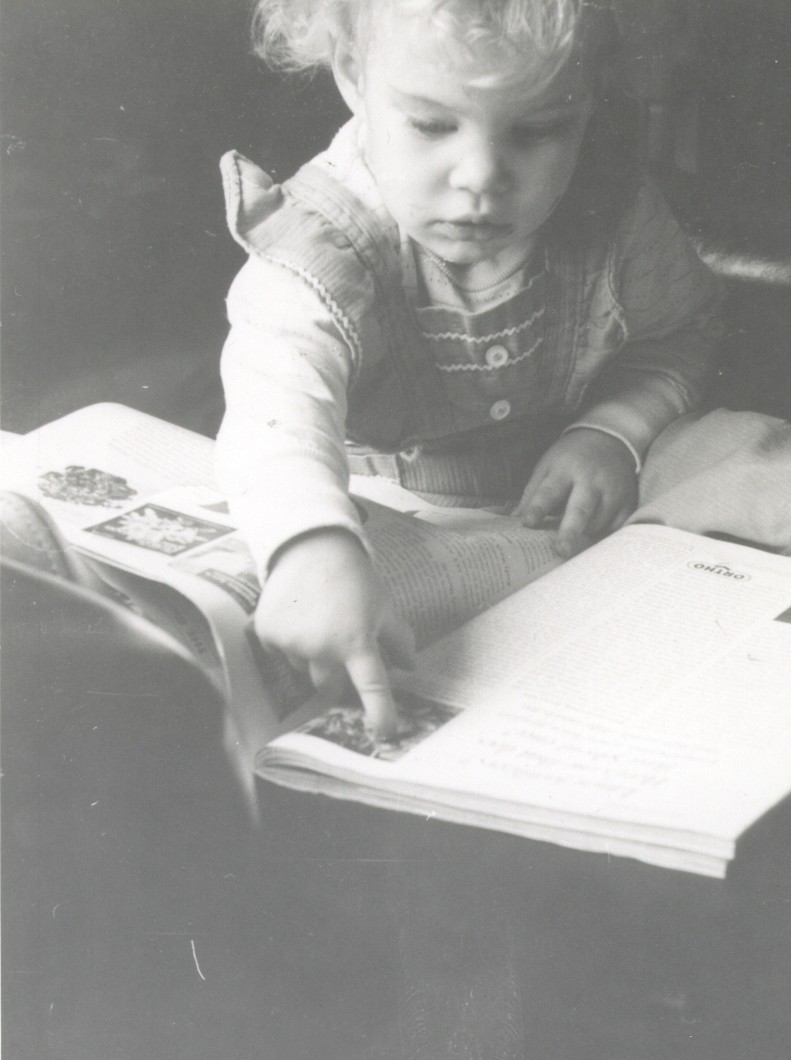
I took my very first gulp of air in a room at Peninsula Hospital in San Francisco. At the time, my family lived in a beautiful varnished-wood house on a hill, with a distant view of the bay. But when I was five, my father had a heart attack. His boss felt bad for placing him under so much stress in his Electrical Engineering job, and he transferred Daddy to their facility in Sacramento. We moved to a rural area not far from Folsom Prison. When I was ten we moved to Saskatoon, and later to Toronto and then BC.
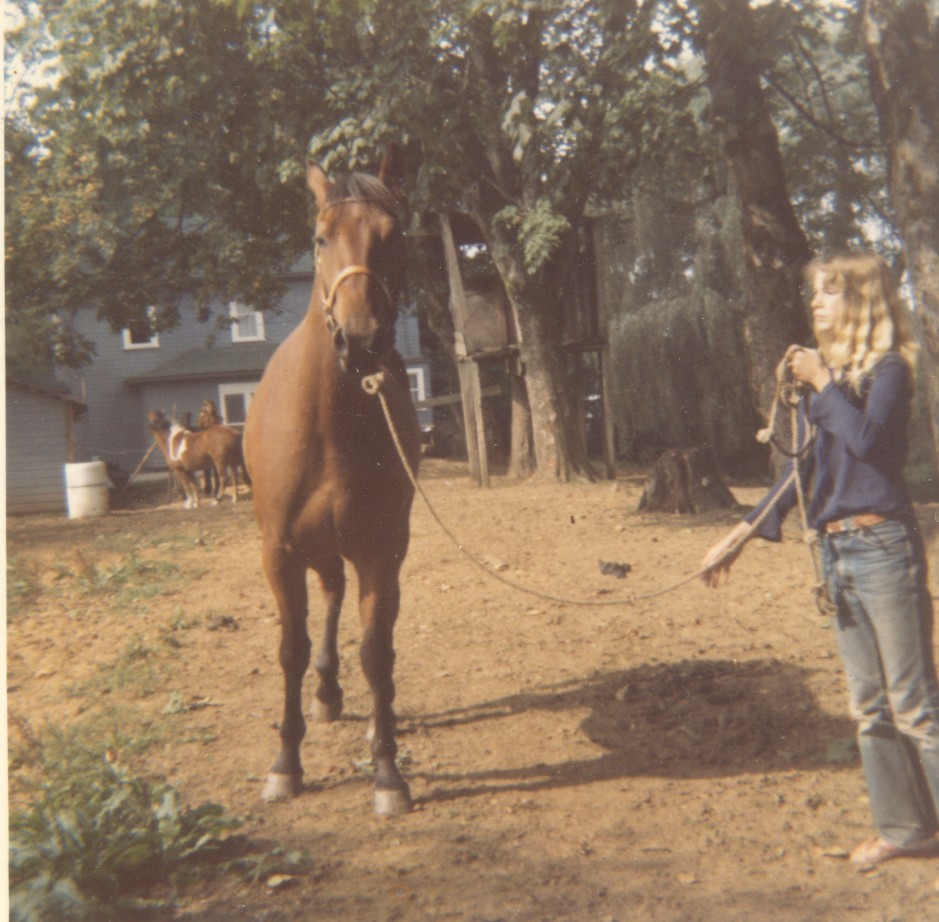
I enjoyed my childhood. I spent it swimming in nearby lakes, ice skating outdoors, and riding bikes and horses for hours at a time. I climbed a few trees, but never nearly as high as my two older sisters. I read a lot. A lot. I wrote stories and drew hundreds and hundreds of horses and fantastic creatures.
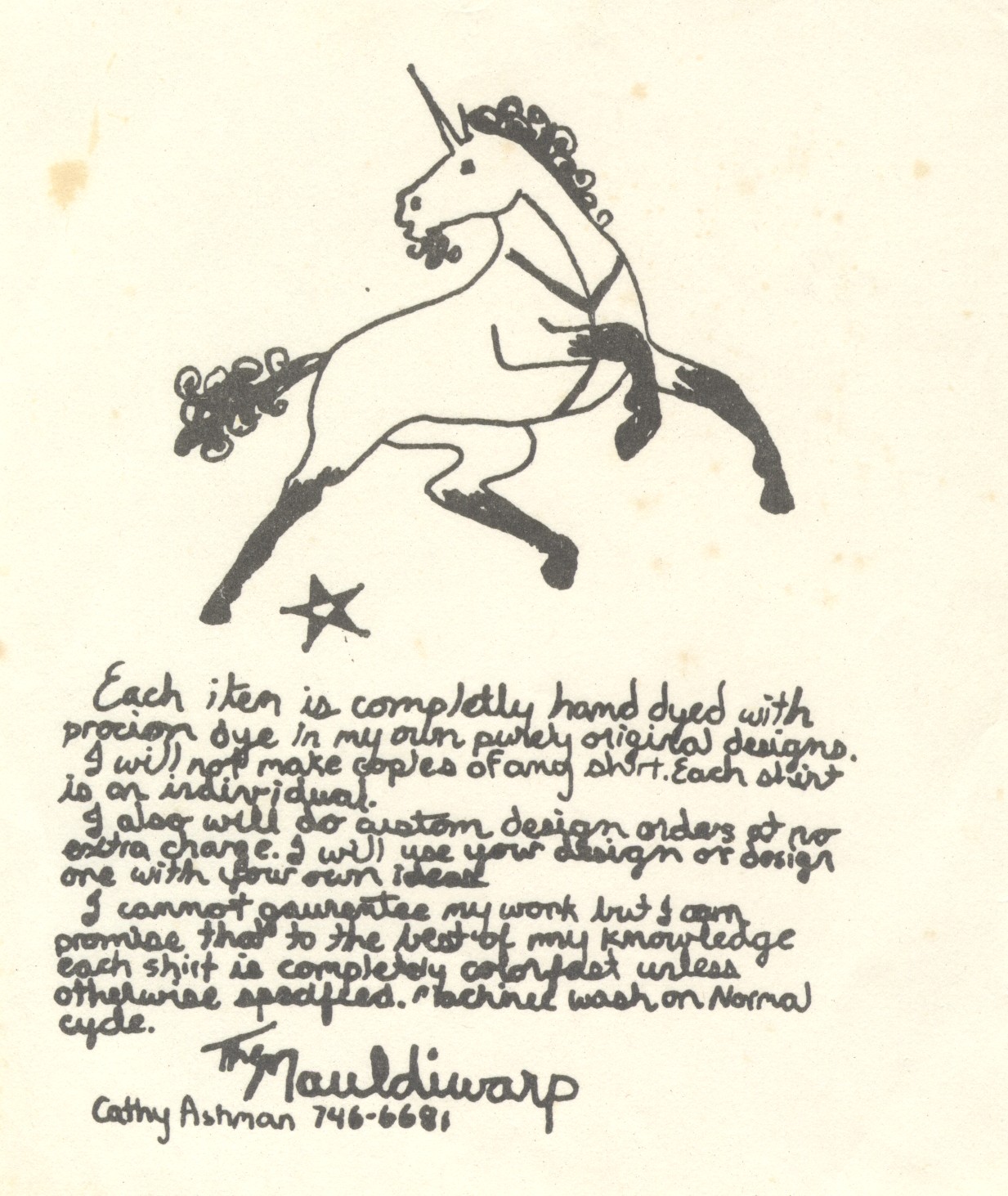
When we moved back to the States I came from homeschool to a rather nasty school district. I retreated to the art rooms. Before long, I started riding the Metro bus across the lake to downtown Seattle, spending my junior high afterschool time in the University District. By my junior and senior years, I carried along a backpack three times a week to sell my batiks at Pike Place Market. I had friends from around the world there, and a wonderful inventive craftsman boyfriend who would get mad when people said he looked like Jesus.
I went off to college in search of adventure, and that’s how I’ve continued to approach life. I was looking for answers, too, but along the way, I learned that there really are no answers. I studied Eastern philosophy when I was a kid, and in my twenties found myself learning the spiritual teachings ancient to the land where I live. I’ve lived within the Native community and had a Medicine perspective for most of my life. My husband and sons carry that traditional understanding in their own ways. These views are central to my writing.
I’ve traveled a fair amount, always with little money and often with the assistance of some type of large animal. For every chapter of Aru’s Realm, I’ve been to a place like that and I've had a bizarre amount of those experiences. I have not, however, been kidnapped.
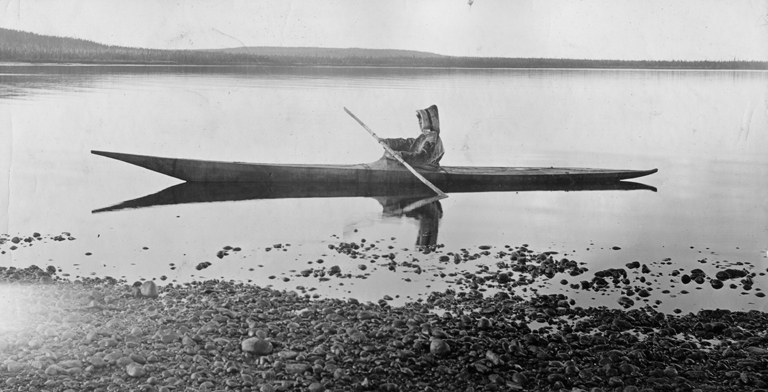
The real world is a fascinating place. People who travel or do adventurous things have amazing stories to tell. The other day a dear friend happened to mention something a Buddhist monk said to her in Zimbabwe. Zimbabwe—what? I knew she had a passion for Alaska, she'd kayaked there from Puget Sound. And she spends time in Australia. Africa, though! When did that happen?
My friends who prefer the beauty of their homes and local surroundings have remarkable stories too. Whether they express their experience through words or colors, or maybe in how they carry themselves, they all have stories about the joy or challenges life brings, and about their own special perspectives. In the end, perception comes back to the beginner’s mind. Simple, daily tasks root us in reality. We can discover the secrets of the universe in our own garden or kitchen. As I grow older, I see more clearly how important family and friends are in one’s life. Some of the memories I cherish most are those belonging to other people.



